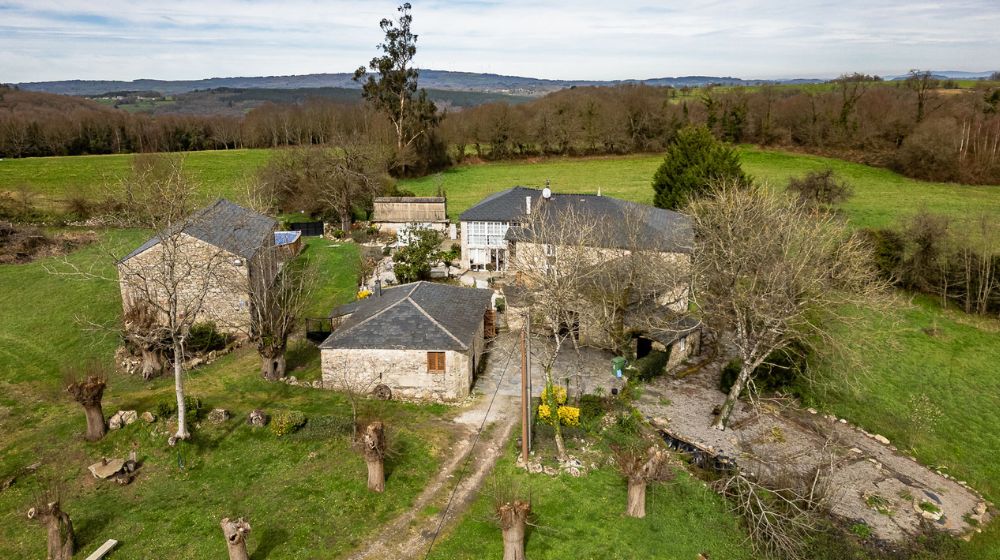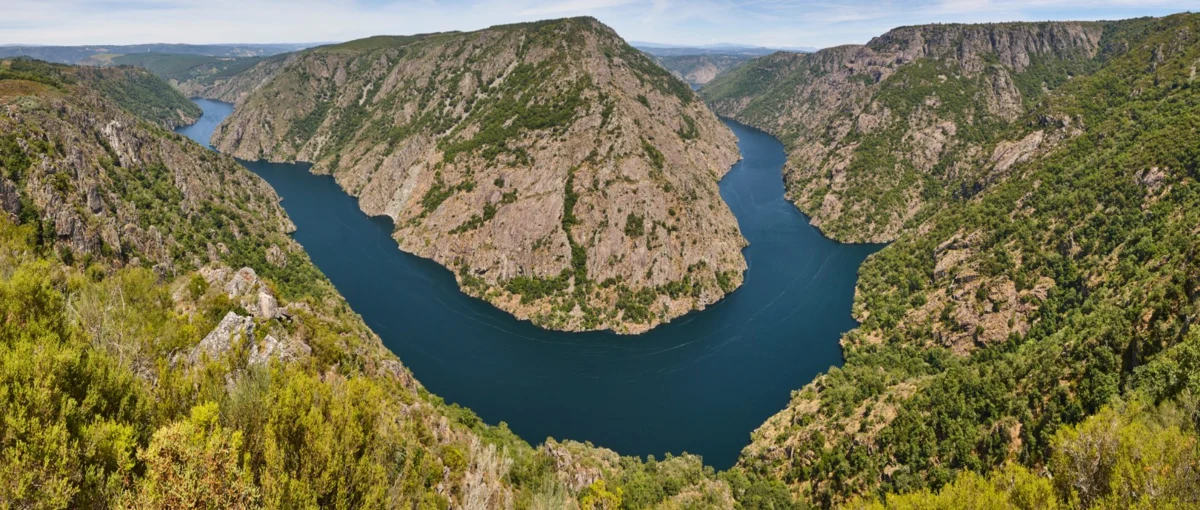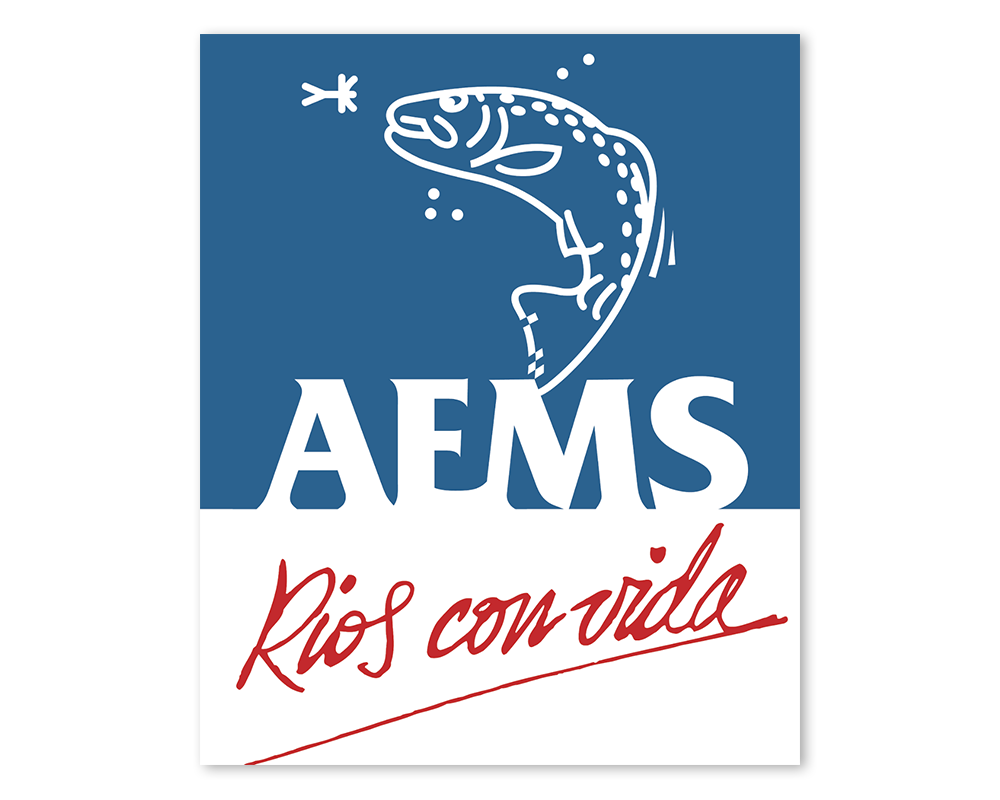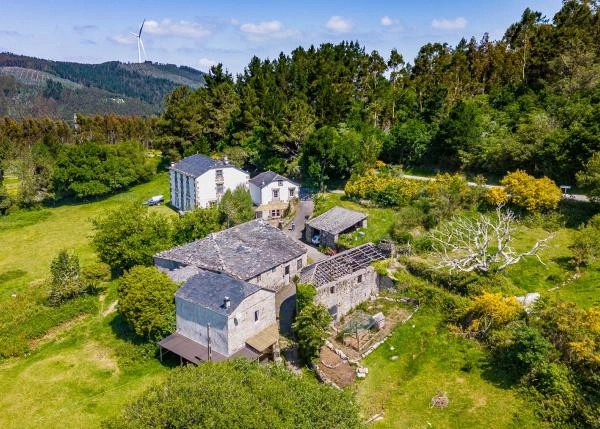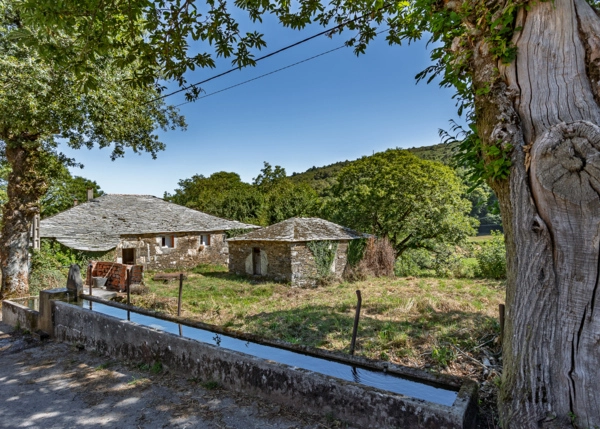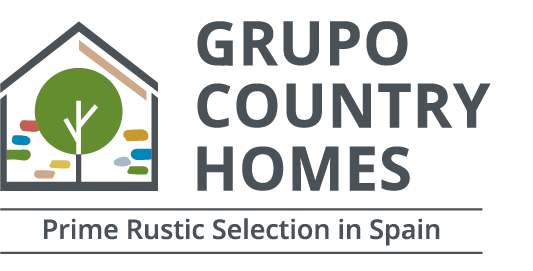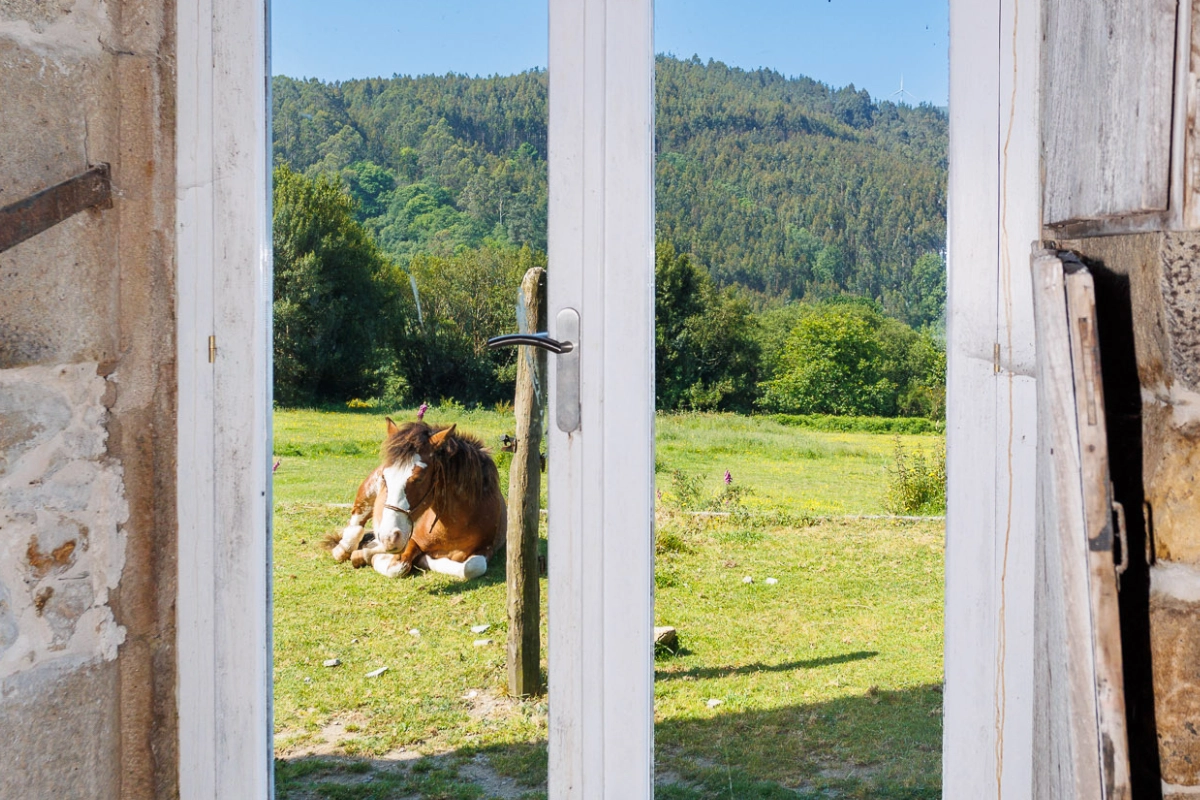
How to legalise animals on a property: a basic guide
Legalisation of animals on a property can be a complex process that requires certain legal and administrative requirements to be met. If you are thinking of doing this, it is important to keep in mind some general steps to ensure that everything is done correctly. Below, we offer a superficial guide to help guide you through the process. For more detailed and personalised advice, we invite you to contact us.
1. Prior Authorisation of the Property
Before introducing animals onto a property, it is essential that the property complies with the necessary legal requirements. For example, in Galicia, livestock farms must have a REGA code (Register of Agricultural Holdings). To obtain it, an application must be made to the competent authorities, which can be done directly or through an authorised representative. This code is essential to guarantee that the property is officially authorised to keep animals.
2. Facility Inspection
The authorities will inspect the property to verify that it meets the minimum requirements. Some general conditions that are usually required include:
- Adequate shelter for the animals (such as a stable).
- Water and food supply arrangements.
- Fences or structures to ensure the safety of the animals.
- Safe and suitable materials for disinfection in the facilities.
- Adequate systems to protect animals from weather and predators.
It is important that the facilities are maintained in good condition to avoid any problems during the inspection.
3. Necessary Documentation
Specific documentation related to the animals, such as current European passports and microchip identification, is likely to be required. This type of identification is essential for animal health control and traceability.
In addition, you may need additional permits for the movement of animals from other countries, such as a transport authorisation (TRACES) if the animals come from the European Union or external.
4. Registration of Animals
Once the animals arrive on the property, you will need to complete the process of registering them in the relevant official registers. This step ensures that the farm is in compliance with local regulations and that the animals are officially registered in the relevant database. Proper registration is not only a legal requirement, but also ensures the protection of the animals and their proper health monitoring.
5. Additional Considerations
The process may vary depending on the type of animal, the location of the property and specific local regulations. It is essential to be well informed about the particular requirements in your region and to plan ahead to avoid unnecessary delays or problems.
6. Why contact us?
At Grupo Country Homes, a family business with over 25 years of experience, we specialise in the sale of properties in Galicia, as well as parts of Asturias, Leon and northern Portugal. We have in-depth knowledge of the property market and the necessary procedures to adapt properties to different uses, including the legalisation of animals.
From the adaptation of facilities to the legal paperwork, we are here to make every step easier for you. We can also help connect you with the right professionals, such as official veterinarians and legal representatives. Don't hesitate to contact us for a service tailored to your needs.
If you need additional help or have specific questions about your case, we are available to assist you. Our team is committed to offering practical and effective solutions so that you can legalise animals on your property without complications.

